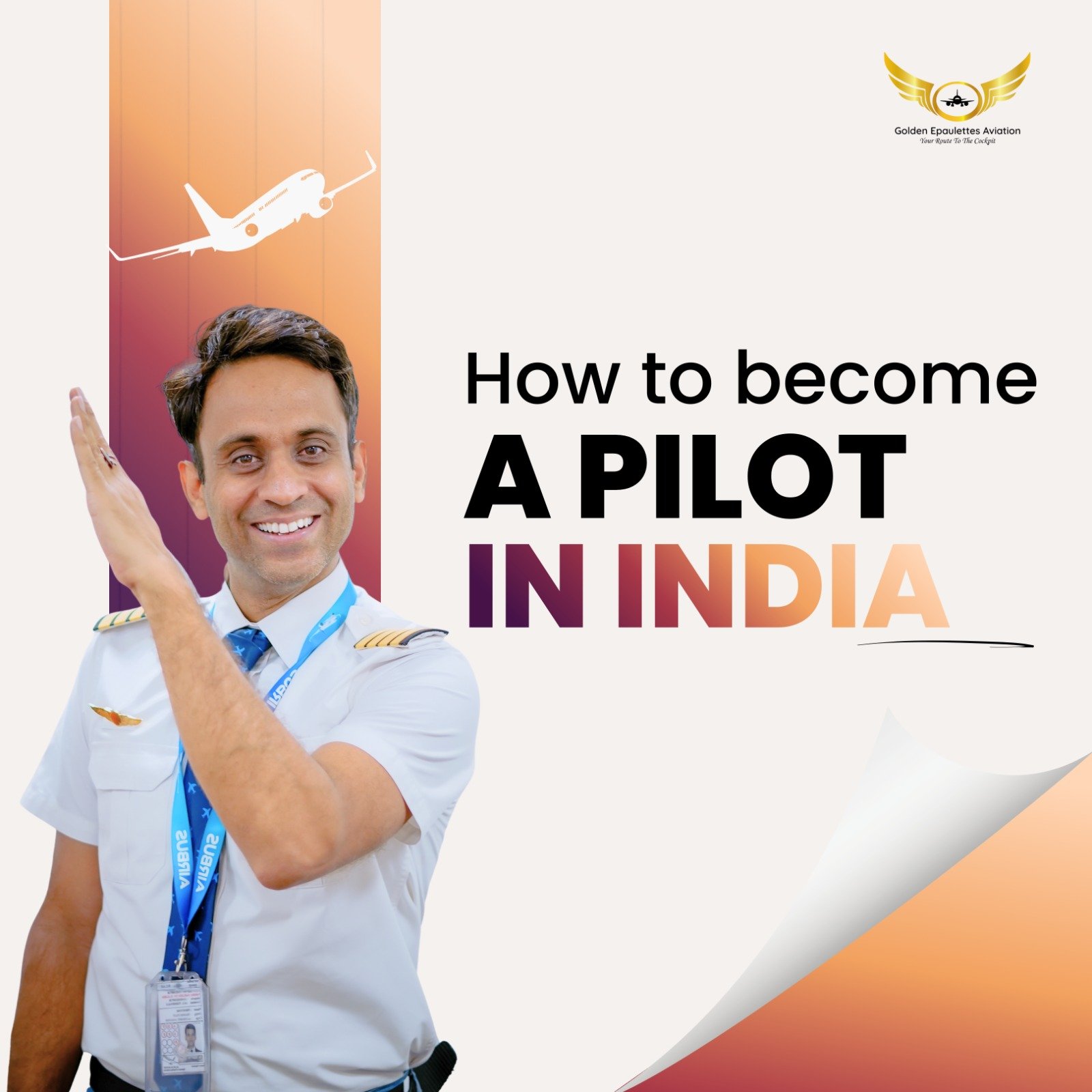Boeing 747 Pilot Profile: Skills & Experience
Content will be added soon
 Menu
Menu
Pilot Programs
Boeing 747 Pilots
Capt. Tomar Awdhesh
Author

Thank you! Our team will contact you shortly on WhatsApp.